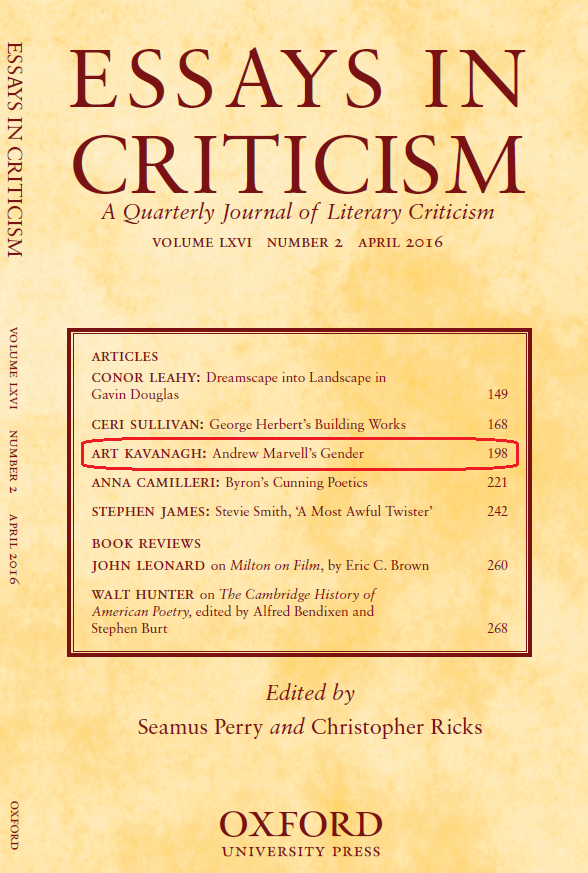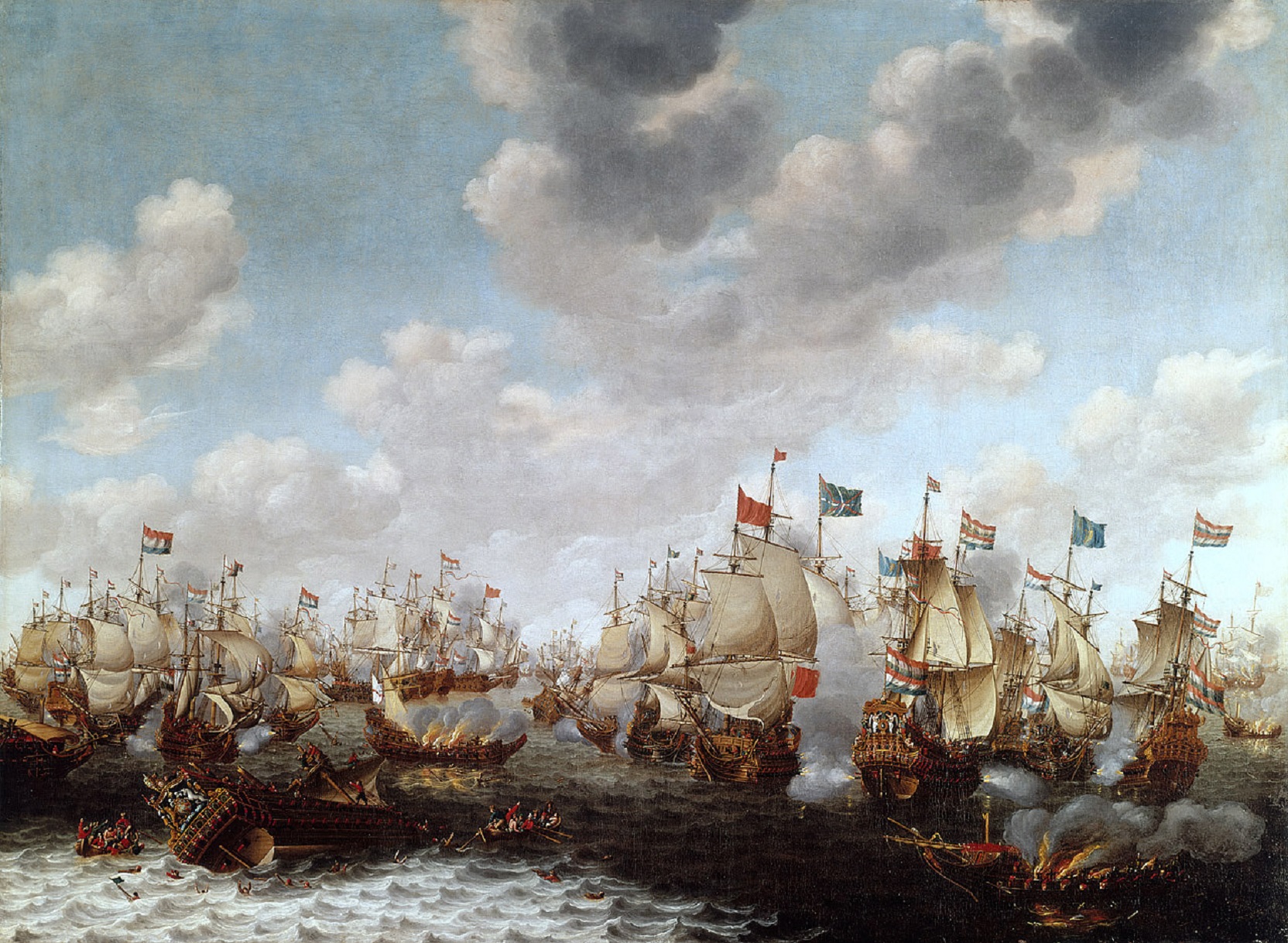
Criticism, fiction and other writing
When I defended my doctoral thesis, “Andrew Marvell’s ambivalence about justice” in 2012, I had a pretty good idea what I was going to do next. Despite the fact that I was then in my mid-50s I still had some hopes of getting an academic job. There were three particular topics that had impressed themselves on me while I was writing the thesis but which seemed at best incidental to its argument. My plan was to write up the three topics, submit them to academic journals and use them to bolster my job applications.
The first one, “Andrew Marvell’s Gender”, was published in the Oxford journal Essays in Criticism in April 2016. In the meantime, I’d submitted the less substantial of the other two to another academic journal. By the time I’d made the changes recommended in the readers’ reports, I’d concluded that, at my age, it no longer made sense for me to be looking for an academic job. That being so, there was no good reason to try to get the essays published in scholarly journals where, in most cases, they would be behind paywalls. I’d prefer to make them widely accessible to a general readership.
The first link below is to “Andrew Marvell’s Gender” in Essays in Criticism. The other essays are to be found on my own personal site:

“Andrew Marvell’s Gender”
The treatment of gender in several of Marvell’s works.

“The paradoxical ambition of Andrew Marvell’s Third Advice to a Painter ”
The satiric practice of a poet better known for his lyric verse.
Marvell often appears to be a hypothetical universalist, with beliefs similar to those of Bishop Davenant or Moise Amyraut, but it’s not as simple as that.
Update 2 August 2020: I’ve just posted another piece about Andrew Marvell’s writing. It’s “Prelate of the grove”: A note about ambition and preferment in Marvell’s “Upon Appleton House”.
Each of the three essays takes a different approach to the handling of notes and references. “Andrew Marvell’s Gender” follows the journal’s established style, which is to use endnotes. However, I’ve never been happy with the way HTML displays endnotes, so I haven’t used them in either of the other two. When I posted “The paradoxical ambition of Andrew Marvell’s Third Advice”, I was still thinking in terms of academic publication, so I used the Author-Date method of citation. By the time I came to post the essay on Marvell’s religion, I’d discovered the HTML elements <details> and <summary>, so I used them instead. It’s likely that, in any future essays that require annotation, I’ll use <details> and <summary>.